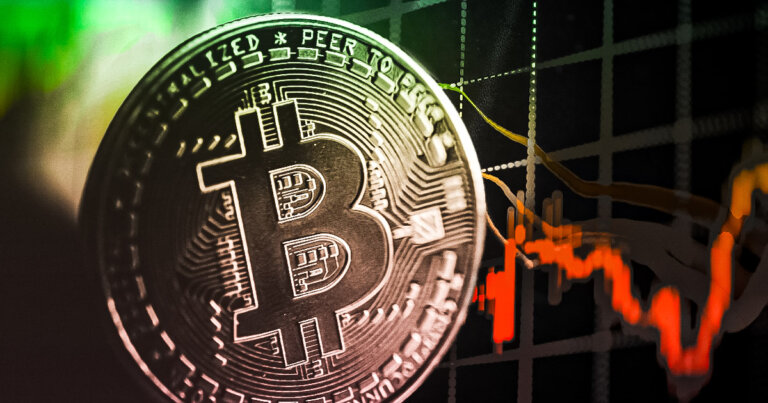The relationship between Bitcoin and gold prices has been a topic of increasing interest among investors, particularly as cryptocurrencies have gained prominence as an alternative asset class. Historically, gold has been seen as a store of value, a hedge against inflation, and a safe haven during times of economic uncertainty. However, with the rise of Bitcoin, many are questioning whether the cryptocurrency could replace gold or at least influence its market dynamics. Bitcoin, often referred to as digital gold, shares some similarities with the precious metal. Both assets are decentralized, not tied to any government or financial system, and have limited supplies. Bit coin’s maximum supply is capped at 21 million coins, while the supply of gold is constrained by mining and natural reserves. These characteristics make both assets appealing to investors looking to hedge against inflation, currency devaluation, and other risks associated with traditional financial markets. However, the extent to which Bitcoin influences gold prices remains a subject of debate. One potential link between Bitcoin and gold prices lies in their reaction to macroeconomic events.

While some argue that bitcoin news has started to act as a substitute for gold, especially among younger, tech-savvy investors, others believe the two assets serve different purposes in a diversified portfolio. Both assets tend to perform well during periods of economic uncertainty, such as during geopolitical tensions, financial crises, or inflationary pressures. Despite these similarities, Bitcoin and gold also exhibit important differences that influence their respective markets. Gold has a long history as a store of value, spanning thousands of years, whereas Bitcoin is a relatively new and highly volatile asset. This volatility has led to differing investment strategies for each. Gold tends to attract more conservative investors who prioritize stability, while Bitcoin appeals to those seeking higher returns and are willing to accept greater risk. Bit coin’s influence on gold prices may also be affected by investor sentiment and preferences. As cryptocurrencies gain wider adoption and acceptance, particularly in regions with unstable currencies or limited access to traditional banking, some investors may shift part of their portfolio from gold to Bitcoin.
This could lead to downward pressure on gold prices if Bitcoin increasingly serves as a substitute. However, for now, gold continues to maintain its role as a key asset in institutional and individual investment strategies. Ultimately, the link between Bitcoin and gold prices remains fluid and subject to change. While Bitcoin has introduced a new dynamic into the world of alternative assets, it is unlikely to fully replace gold in the near future. The two assets may continue to coexist, each serving different investor needs based on market conditions and risk tolerance. For those considering investments in eco-friendly and green technologies, including renewable energy in the mining of Bitcoin or even the extraction of gold, this relationship between the two could take on new dimensions. Both assets occupy distinct roles in the global financial system, with gold continuing to serve as a time-tested hedge and Bitcoin emerging as a more speculative, high-risk alternative. Historically, gold has been a cornerstone of wealth preservation, particularly during times of economic instability or geopolitical uncertainty.